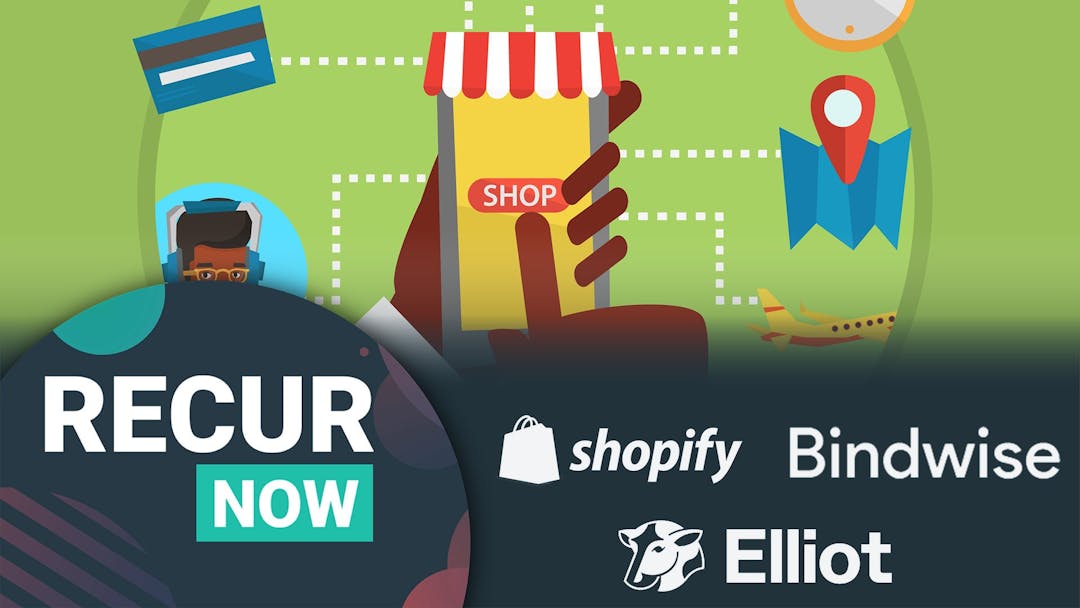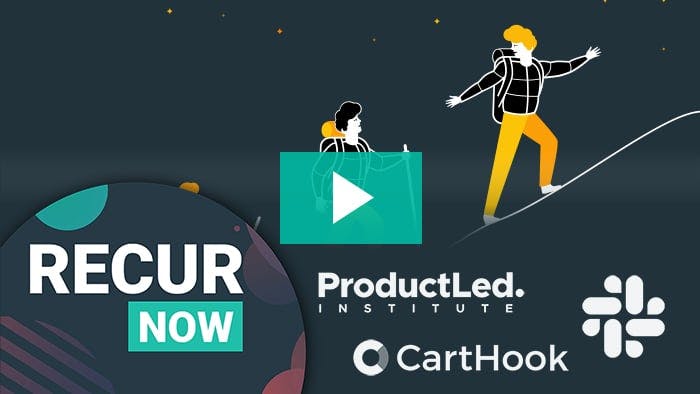Today, we're becoming friends with our exes. We’re also flying into new finance-tracking with Copilot subscription finance tracker. And finally, Comcast is doing something right.
Your top subscription news
ProfitWell pricing pro John Mangini sent me a nice reminder from LinkedIn—with a theme he said he’s seen recurring on the social platform.
It’s about the importance of how a company honors its people, whether they stay there for years on end or they ultimately leave. It’s about withdrawing from guilt.
You Can Always Come Home is the name of a piece we found that hit (what else?) close to home. It's posted by Robin Garcia-Amaya over at Gainsight, and it starts out with this: “One of our teammates got a cease and desist letter from a previous employer.”
Apparently, that employer had received several negative reviews on Glassdoor, and instead of humbling themselves and trying to learn and improve, the company just wanted the reviews wiped. It didn't matter that the particular teammate hadn't actually written a review, or that Glassdoor reviews are anonymous, or that cease and desist letters don't work like that.
Robin says she’d never heard of anything like it—but she does, unfortunately, recognize the combative, often vindictive relationships many companies have with their former employees. She says she’s heard stories about exit interviews that turn into shouting matches, friends becoming strangers in an instant, and leaders telling her how "betrayed" they've felt when a teammate joins another company.
"Why is it like this in business?"
Robin shares a bit about her experience in this realm at Gainsight, a company that considers its former employees "alumni," and never ceases to include them in present-day affairs.
"Our CEO, Nick Mehta, and his wife, Monica, hosted the Bay Area party at their home where I was able to meet and connect with several former Gainsters who had helped grow the company at various critical moments and had then moved on to the next adventure. And as I was thinking back on this year's holiday party, I thought about that word: 'alumni.'
We've been casually referring to ex-Gainsters as 'alumni' in conversation; there isn't any policy around it or anything. But as a culture, we don't typically refer to past teammates as alumni—that word is mostly for college graduates—but I think we should start."
So that we part as friends, not enemies.
Here's a link to the full piece—worth a read, and some serious consideration.
A (new) finance wingman
They say all good things come from former Google employees—or alumni, I should say.
(Maybe that's not really a saying, but regardless it's a solid transition into this next story...)
We have our eyes on Copilot, a new personal finance-tracking app from a former Googler that TechCrunch says could garner a following based on its sleek design and ease of use.
A decade ago, Intuit acquired Mint, during a time when both mobility and tech-enabled financial services were in an entirely different state. And there hasn’t been much progress since, so Copilot is likely in a good spot.
The subscription iOS app lets you load your financial data, create custom categories for transactions, and set budgets. It’s been invitation-only for several months, but launched publicly just last week.
Apparently, the app relies heavily on Plaid, the Visa-acquired API startup. TechCrunch’s Lucas Matney tried out Copilot and claims, “The integration’s intuitiveness alongside Copilot’s already smooth onboarding process gives users early indication for the app’s thoughtful design.”
Now I’d say it’s time for us to give it a whirl.
A Peacock premium
Never thought I’d see the day, but I’m digging what Comcast is doing.
The Comcast/NBCUniversal streaming service Peacock has finally announced details of its drop, and they’re pretty sweet.
Peacock will offer a free, ad-supported streaming video on-demand service, with subscription tiers offering more than 600 movies and 400 TV shows. Peacock fans can also access live and on-demand news, sports, late night, and reality programming.
There is of course a premium option, bundled at no additional cost to millions of Comcast and Cox subscribers—offering Peacock originals and tent-pole series, next day access to current seasons of returning broadcast series, early access to late night talk shows, and additional sports. It’s available for $4.99 monthly on connected mobile and web devices for non-bundled customers.
We know a thing or two about tiered pricing, so we’re taking this one into the spotlight. For customers, a well-engineered price scale offers flexibility compared with a simpler pricing scheme.
And for the company, scaled pricing means more revenue. Larger customers that extract more value from your service (whether it be by seats, feature usage, or utilization) pay more, and the clear upgrade path means you automatically gain more revenue from customers as they grow.
But do price scales work for your company? We have an in depth blog post on this one, as well as a piece on SaaS pricing models, strategies, and examples of success. Check them out for yourself.
Pricing for bottom line growth
Pricing is one of the most important growth levers in your business, yet we still fail to spend the time and effort required to leverage monetization for growth. Here, Patrick digs into the data from nearly 5,000 and more than 1,000,000 transactions.

